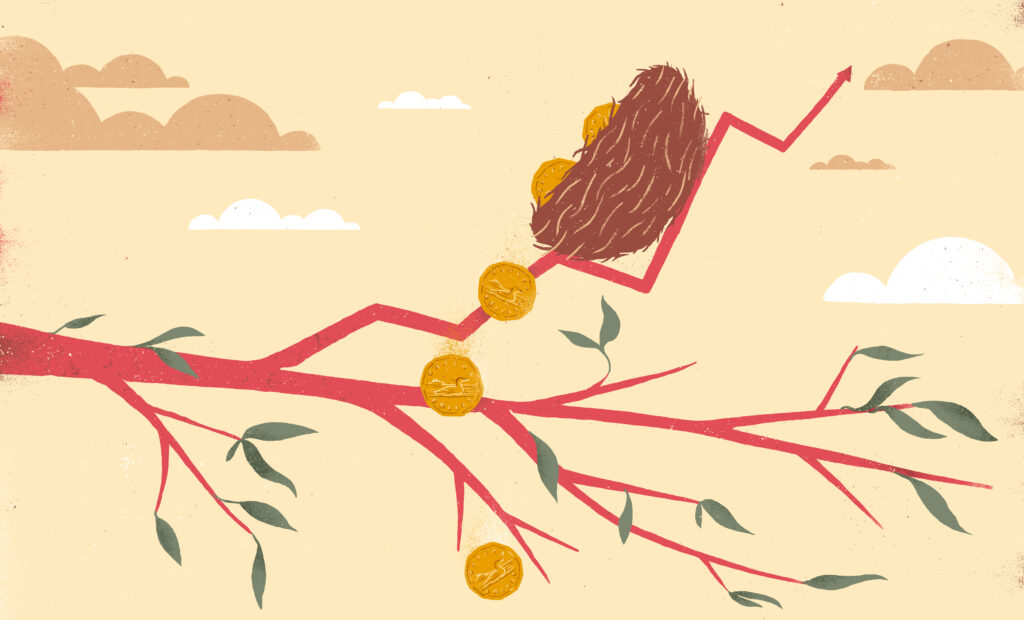Are you ready for rising interest rates?
Don’t panic. Instead, plan your exit from long-term bonds and consider a good hedge against inflation
Advertisement
Don’t panic. Instead, plan your exit from long-term bonds and consider a good hedge against inflation

Low interest rates have been a bane to savers for years. But with U.S. rates poised to rise by mid-2015, Canadian investors are now wondering whether the effect on their portfolios will be positive or negative. On one hand, you’ll be get a better return on GICs; on the other, rising rates will drive bond prices down, making them less valuable.
When it comes to stocks, the effect is even murkier. Rising rates signal the economy is starting to improve—which could translate into capital gains and larger dividends for stock investors. But with a growing economy also comes the threat of inflation, which erodes your purchasing power.
The good news is investors can come out ahead with a “win-win” provided they make the right adjustments to their portfolios now, says Stan Tepner, First Vice President of CIBC Wood Gundy.
58%
Percentage of investors who don’t realize that rising rates could erode the value of their portfolio.
Source: CIBC Asset Management
Those looking to protect the fixed-income portion of their portfolio should move away from medium- to long-term bonds and embrace those with shorter maturities that will see little erosion in value, he says. Another tactic for higher yield in a rising rate market is to select corporate rather than government bonds, while keeping in mind the added risk of these holdings.
Investors should also steer clear of buying individual bonds for a while. As Patrick O’Toole, VP of Global Fixed Income for CIBC Asset Management notes, “The premiums retail investors are currently paying have become more expensive since the credit crisis.” His advice: Look to actively managed low-cost bond funds instead. DIY investors looking to pay even lower fees should also consider bond exchange-traded funds (ETFs).
To minimize inflation’s erosion on spending power, try equities with a built-in hedge. Companies that consume a lot of raw materials are a good bet, as resource prices typically remain stable when rates rise. “Infrastructure companies are ideal, as their top line often grows as their bottom line remains stable,” says Tepner. And despite what some analysts say, don’t bother with gold. “As a predictor, it’s a colossal disaster. Instead, buy your spouse some nice jewellery.”
Share this article Share on Facebook Share on Twitter Share on Linkedin Share on Reddit Share on Email